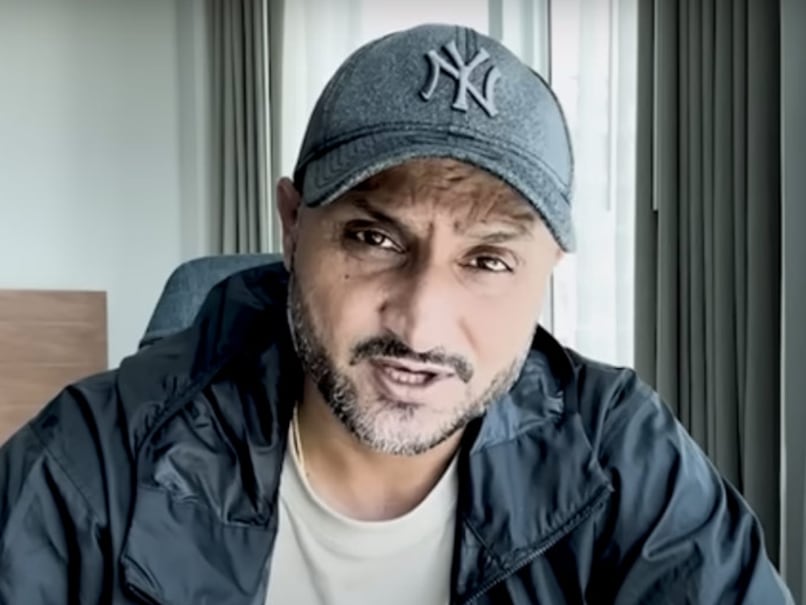New Delhi:
A police case has been filed against election strategist-turned political leader Prashant Kishore, leaders of his Jan Suraaj party, a few coaching centre owners and 700 unknown protesters over the massive student protests in Bihar held on Sunday. They have been accused of “unauthorisedly” gathering people, instigating them and creating a law and order problem.
The Jan Suraaj Party, the police said, had also held a protest march without permission and led the crowd near Patna’s Gandhi Maidan which had turned violent, breaking police loudspeakers and clashing with magistrates and police officers on duty.
“Despite repeated requests by the administration, these people violated the guidelines of the administration and disrupted public order,” the police said.
The police had used batons and water cannons to break up Sunday’s massive protest by the Bihar Public Service Commission aspirants, who were demanding a re-test of the 70th Combined Competitive Examination after allegations of paper leak.
The students had gathered at Gandhi Maidan before marching towards JP Golambar, intending to proceed to Chief Minister Nitish Kumar’s residence. They wanted to meet him and discuss the issue.
Prashant Kishor had expressed his full support for the students. He participated in their march to JP Golambar, and announced that a students’ delegation would meet the Chief Secretary. But the students refused to meet anyone but the Chief Minister and their insistence led to the police action.
Earlier, Mr Kishor had called for a “Chhatra Sansad” at Gandhi Maidan on Saturday, coinciding with Gandhi Jayanti, to discuss the students’ issues and strategise future actions. However, the city administration denied permission for the event.
Jan Suraaj, a group that re-packaged itself as a political party in October this year, is expected to contest in all seats of Bihar in the next assembly election.
The former election strategist converted the group at the end of a yatra and extensive travel across the state for two years.
The party, he had said, would bring about a paradigm shift in electoral politics, moving it from focus on sops to issues that ought to be election agenda.

















